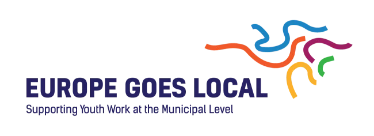“Working with indicators, quality tools and systems is crucial to the continuous development of youth work and has great potential to contribute to an enhanced credibility and recognition of the youth work sector as a whole. However, if it is to fulfil this function, this work must be a joint process that all stakeholders engage in, take seriously and design together in a way that enhances critical reflection and creative solutions.” This was one of the conclusions made by the EU expert group on youth work quality systems, and it is still valid. The reason for this, also stated in the report, is that “it is only in this way that all important issues and perspectives will be taken into account and a common understanding among stakeholders will be created.”

